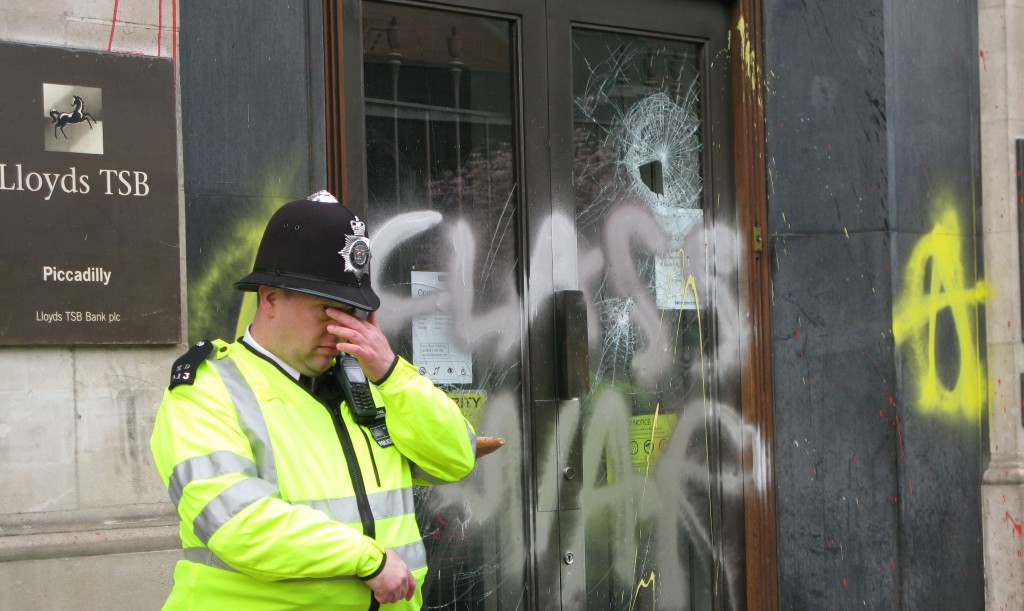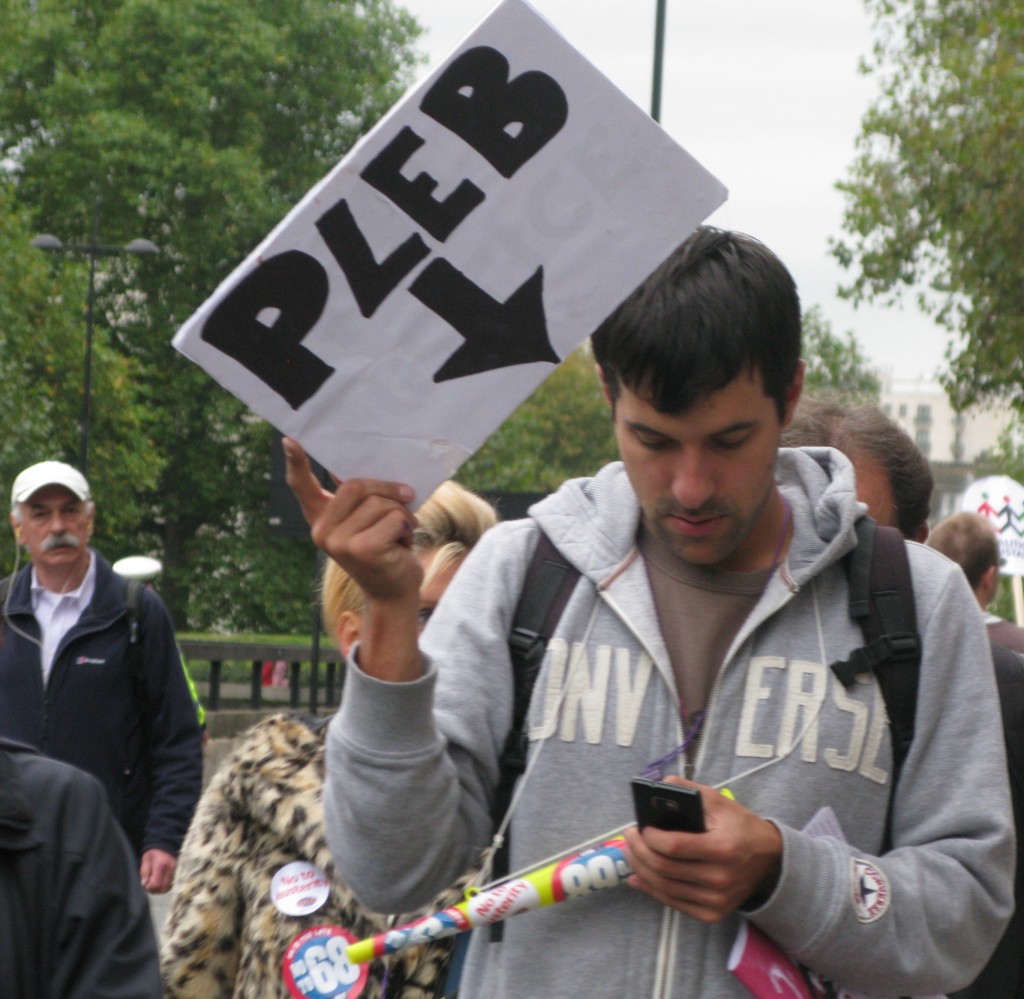London Pressure
*
‘I say, a pressure drop, oh pressure
Oh yeah, pressure drop a drop on you’
‘Pressure Drop’ – Toots and the Maytals *

*
Lazy, idyllic 20th Century London, if it ever was so, has vanished (see Lazy London).
Pressure mounts on Londoners in the second decade of the 21st Century.
Especially, on Londoners earning average and lower incomes.
Pressure to find a job. Pressure to stay in a job.
Even a job with long hours. Low pay.
Real wages continue to fall. Average incomes lag way behind average house prices.
Pressure builds at home too. To re-pay the mortgage. Or keep up with rising rents.
Energy bills escalate. Food and clothes get dearer. Childcare costs stay high.
Government and local authorities don’t build enough houses to satisfy demand. They fail to put a brake on rising house prices.
Local councils allow too many corporate developers to cheaply obtain public land and build expensive, luxury apartments.
Pressure mounts on Londoners trying to find a genuinely affordable home to buy. Or to affordably rent.
Near to a good school. Not too far from a railway station.
To daily catch a stuffed, overcrowded train.
Overcrowding, too, at the doctor’s surgery.
Wait for days to see a doctor. Wait for months to see a consultant. Anxiously wait far too long for test results.
Is it worth forking out for private health? Can the National Health Service cope? Is the NHS finished?
And even the vet charges a bomb to treat the cat.
*
Financial violence
Money worries assail.
Savings returns diminish thanks to low interest rates. Spoiling plans to enjoy a healthy and fulfilling retirement. Will retirement actually be an affordable option?
What about the children’s education? When school pupils become students and then graduates in debt.
Londoners on average and lower incomes face all these financial assaults.
A form of financial violence. Violent because it assaults family security. Attacks your children’s education.
You worry it may limit what your children may become in the future.
And what happens to the children of people ensnared by London’s low-pay, long-hours and high cost of living economy?
What happens to them when the welfare safety net is further capped, cut and its discretionary payment door closed?
Small business folk don’t escape either.
Can a business survive rent increases that accompany a new lease? High business rates hit hard before even a single cup of coffee or a newspaper is sold. Consumers still spend cautiously – despite politicians claiming a growing economy means the post-financial ‘meltdown’ recession is over.
Are people going to start spending in sufficient amounts to sustain any recovery? Will suppliers freeze prices? Not on your Nelly.
Can the business pay me a wage? Probably not every month.
And, anyway, is consumer spending a sustainable way for London’s economy to recover?
*
Politicians try to convince people that the promised land of economic recovery and growth lays just around the corner.
Either it’s a long corner. Or it’s an empty promise.
In the meantime, politicians and the media sternly advise. ‘Hard decisions need to be taken to cut jobs and services.
Austerity is necessary and wise. Swallow the bitter pill. Leave everything to market forces.
This economic medicine might be nasty…but it’s good for you.’
Politicians and media try to keep a lid on any panic and cast a veil over their failure to control economic forces and ease pressures.
Their method?
They say the magnificent institutions of our society are threatened.
The monarchy. Church. Parliament. Police. The free market. The United Kingdom, itself.
And, they say: ‘Enough is enough. Traditional British values of decency, obedience, morality and discipline can no longer be undermined.’
But undermined by whom?
Politicians throw a herd of scapegoats to their pals, the media lions.
Politicians and media say we need ‘freedom’.
‘Freedom from terrorists. Radicalised religious extremists. Refugees. Asylum seekers.
Trade union barons. Scottish Nationalists. And welfare scroungers.
Freedom from single Mums. Lesbians. Radicals. Liberals. And left wing scum.’
They say ‘we need freedom from Hoodies. Chavs. Illegal migrants. The council housed. And inherently violent.
Freedom from druggies. Alchies. Squatters. Gypsies. Travellers.
From the homeless.
And even from their dogs on strings.
And put the ‘kettle’ on.
To ensure freedom from student protestors.’
Newspapers offer Londoners seek to induce people to digest a daily diet of cynical apathy.
A dangerous combination. Promoted by the Cynic, Daily Wail and Evening Scapegoat.
Not surprisingly, in creeps demoralisation and anger. Another dangerous combo.
‘Politicians? Corrupt. Look at their expenses fiddles. They’re all the same.’
‘Democratic politics? Pah! It’s just a game. For the richer few who can afford to buy a stake.
London’s overcrowded. Diversity is only good if you can afford to eat out. And you don’t hear English spoken anymore.
London’s too expensive.
Rapidly becoming a playground for the rich.
London’s calling? London’s burning, more like.
Time to get out. Before they push us out.
London’s finished, isn’t it?’
*
Everyday pressure drops on top of all this seethe.
On the streets and public transport, most people exude diffidence yet often display kindness. But certain tempers remain short.
Be careful what you say and whom you bump into.
Lock your windows and doors. In the estates and throughout the suburbs.
And beware of the ‘beef’ on the streets. Don’t tread on the shattered bus shelter glass.
Watch out for boys from estates and burbs. Who both bun the herbs.
And who get a cheap thrill. From playing a little joke. That gives some passer-by a big fear chill.
‘Oi! And where’s a real policeman when you need one?’
*
For the majority of younger people, there’s a more perilous consequence. Postcode gangfare.
Don’t stray away from your supposed ‘ends’ and ‘sides’. Stick to your manor.
Don’t become a knife crime victim. ‘Shank’ stat. Thanks to some callous fool carrying a bloodied tool.
Pray too you don’t become a gun crime victim. A ‘smoked’ stat.
Part of a lazy TV news script. ‘Victim shot. Bereaved shocked. Tears. Floral tributes. Funeral.’
Soon, ‘the show’s over, folks’. Yesterday’s headline news. Tomorrow’s forgotten grief.

*
Extraordinary pressure
As if all this wasn’t enough, added pressure comes from economists gazing into crystal balls and doomsaying: ‘Imagine you and thousands of others rush to the local branch of your bank but the bank is closed and you can’t get your cash and savings out.’
Londoners know this feeling.
They experienced three episodes of such frightening tension on their streets in the first decade of the 21st Century.
When queuing querulously in cars for scarce petrol during the fuel price protest blockades in September 2000.
Queuing anxiously to withdraw cash and savings in the wake of the run on the Northern Rock bank in September 2007.
And quaking behind closed doors during the furious riots and looting of August 2011.
Add to these events the perilous banking crisis and financial meltdown of 2007-09 – and its aftermath of recession and austerity.
In between these heightened moments of crisis, listless voids filled by crass celebrity culture and royalty stamped ritual.
Throw in to the mix elected politicians scandoulously fiddling their expenses.
And what’s the residual legacy of all these events?
An almost complete lack of faith and trust in politicians, bankers and the forces of law and order.
Constant tension.
Latent financial violence.
Ordinary people placed under extraordinary pressure – in the same historical moment as scientists land a space probe on a comet thought to originate from the beginning of time.
Spirits sapped in a phase of human history when the great mystery of life ought to be magically unfolding.
Mounting pressure in London – a city politicians complacently crow as the ‘greatest city in the world’.
But, most of all, a political economy that compels many Londoners to ask, ‘is this really the best that London, the greatest city in the world, can be?’
*
© Paul Coleman, London Intelligence, London 2014
Singing London
‘I say, a pressure drop, oh pressure
Oh yeah, pressure drop a drop on you’
Song: ‘Pressure Drop’
Performer: Toots and the Maytals
Songwriter: Frederick Hibbert
Lyrics: © Universal Music Publishing Group
Recorded in 1979, ‘Pressure Drop’ became one of a string of hits for Jamaican reggae legends Toots and the Maytals.
Later, ‘Pressure Drop’ featured in the classic Jamaican film The Harder They Come (1972).
London band The Clash recorded a version of ‘Pressure Drop’ in 1979.
Led by Frederick ‘Toots’ Hibbert, Toots and the Maytals often played in London and also recorded live London albums.
© London Intelligence, London 2014
**

